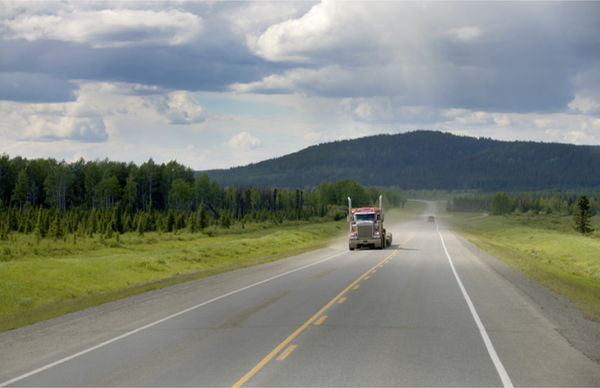Commercial drivers, such as semi drivers, bus drivers, and other professional drivers, drive under the licensure of a commercial driver’s license (CDL). For obvious and important reasons, these commercial drivers must conform to much stricter impaired-driving standards than noncommercial drivers do. An impaired commercial driver, whether hauling 60 tons of cargo or a bus full of schoolchildren, imposes a much greater threat than the average driver tooling down the road in a sedan.
Who’s Responsible?
It’s important to know that it’s not only the commercial driver who can be held responsible for commercial DUI (driving under the influence) or DWI (driving while intoxicated) charges. Several other parties connected to the commercial driver’s employment can also be implicated:
- The owner or lessor of the commercial vehicle;
- The person who provides the commercial driver’s assignment;
- Motor carriers that are for hire;
- Private motor carriers;
- Civic organizations that engage transportation;
- Federal, state, and local governments that engage transportation; and
- Churches that engage transportation.
The implications of a commercial DUI are clearly more complicated and far reaching than a garden variety DUI.
BAC
The blood alcohol concentration (BAC) limit for noncommercial drivers is currently set at .08 percent, but most states have embraced the much stricter .04 percent blood-alcohol concentration limit for commercial drivers. Additionally, it’s illegal for commercial drivers to operate a commercial vehicle within four hours of ingesting alcohol. In other words, if you have a single beer with dinner, you can’t get in your rig and drive for at least four hours.
Alcohol and Drug Testing
There are certain situations in which commercial drivers can be required to allow random alcohol or drug testing:
- After being involved in an accident;
- When there is reasonable suspicion; or
- As a condition of returning to commercial driving duties after a violation.
Additionally, random drug testing can be implemented as a condition of employment, and those drugs most often screened for include marijuana, cocaine, amphetamines, opiates, and phencyclidine (PCP).
Finally, if you are pulled over for DUI suspicion, you, as a commercial driver, will face much harsher penalties for refusing to submit to testing, which is the legal equivalent to pleading guilty to the DUI.
Commercial DUI charges are extremely complex and should never be left to chance. It is always in your best interest to seek immediate legal guidance if you or someone you care about is facing a commercial DUI.
Call 856-795-9688 to Schedule a Case Evaluation Today
If you’re facing a commercial DUI, you need professional legal guidance. Consulting an experienced New Jersey criminal defense attorney who’s skilled in fighting commercial DUI charges is crucial to the strategic defense of your case. Robert E. DePersia, II is a New Jersey DUI attorney with the experience, skill, and expertise in commercial DUI to help you develop a strong legal strategy and effect the best possible outcome for your case. If you’ve been charged with a commercial DUI in New Jersey, call the Law Office of Robert E. DePersia, II at (856) 795-9688 and schedule your consultation today.


